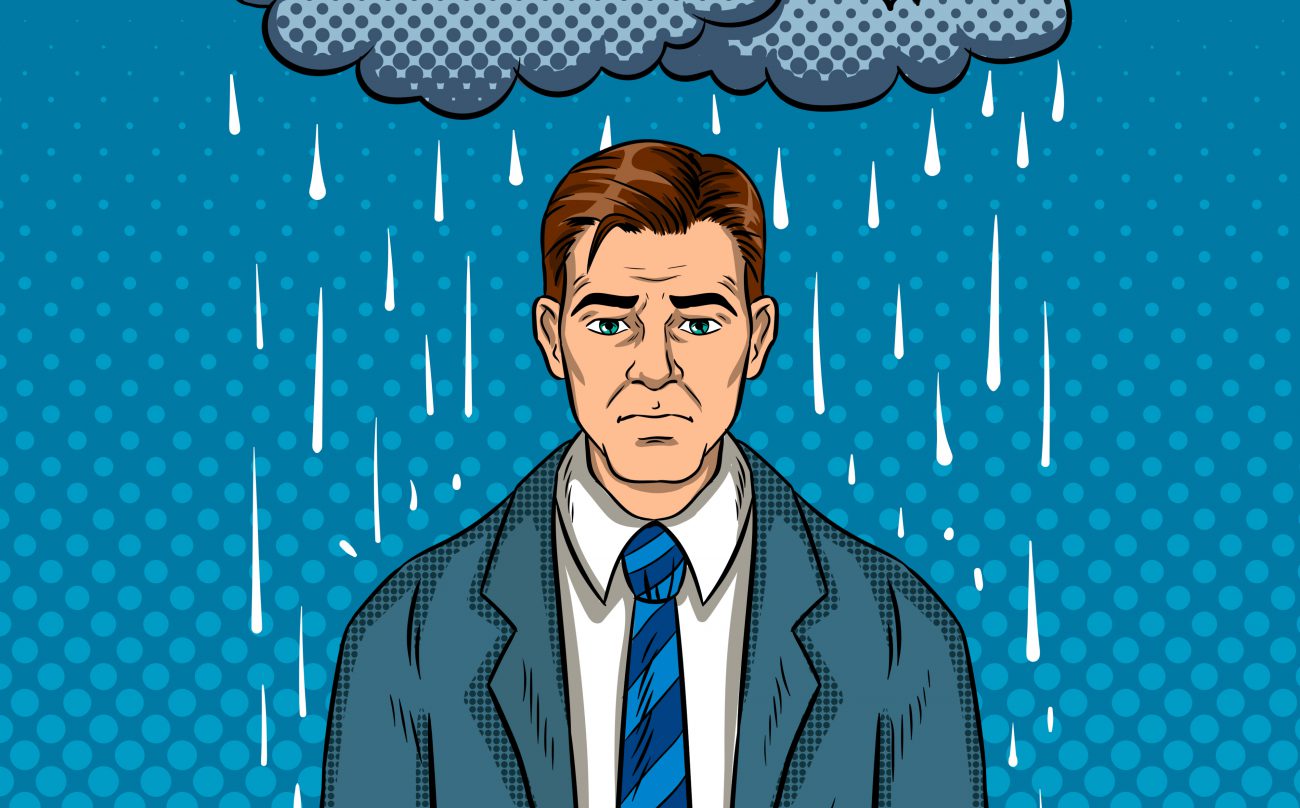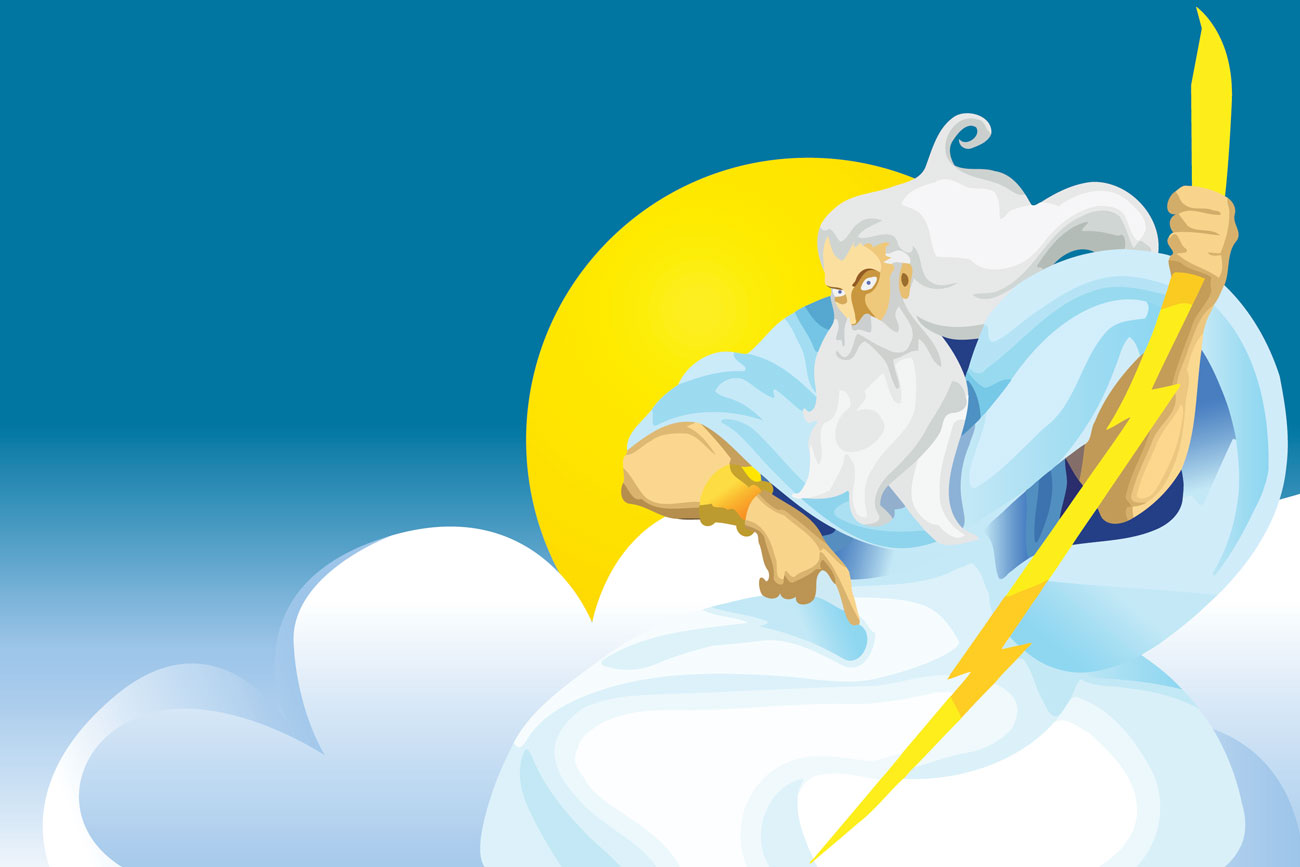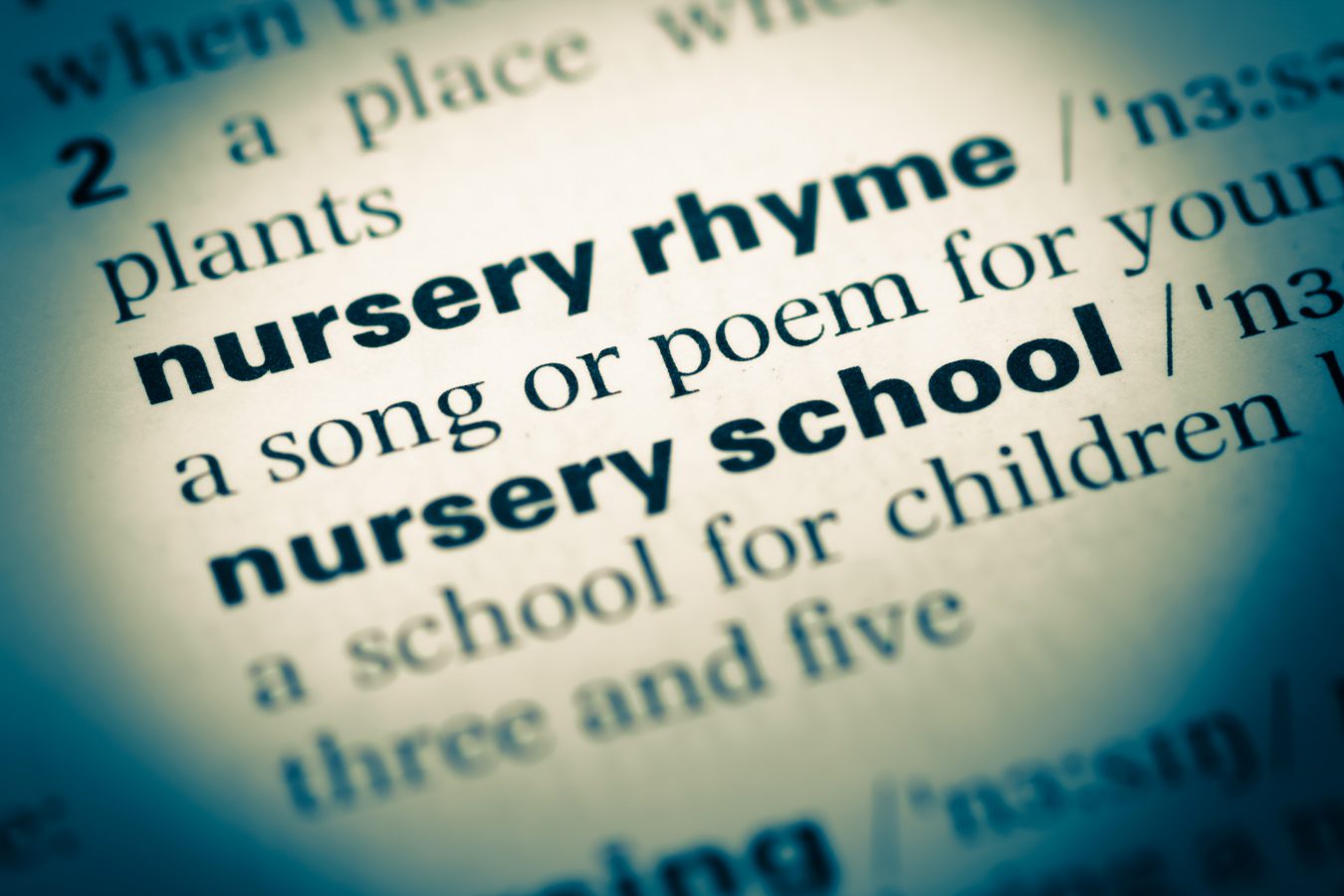
Now is a fabulous opportunity for adults to revisit their favourite children’s books, writes Diane Bourke. It's a way to reignite your imagination and create new perspectives.
Recently in The Conversation, Elaine Reese, Professor of Psychology at the University of Otago, wrote that imaginary friendships are apparently common among adults.
Reese wonders whether they are good for us or a sign we are losing our grip on reality? She concludes that imaginary friendships are a sign of well-being, not dysfunction, and that they can be good for us in many of the same ways that real friendships are. With isolation now common, it seems we could and should appreciate our fictional friends more than ever.
Reese cites psychologist and novelist Jennifer Lynn Barnes’ estimate that globally, people have spent about 235,000 years engaging with Harry Potter books and movies alone. This innate propensity for becoming attached to fictional characters is lifelong, or at least from the time toddlers begin to engage in pretend play.
While older children and adults know the characters don’t actually exist, that knowledge doesn’t stop them from feeling these relationships are real, or even reciprocal.
Enter Katherine Rundell, prize-winning author of five novels for children, and Fellow of All Souls College, Oxford, who recently wrote a tiny book, Why You Should Read Children’s Books, Even Though You Are So Old and Wise. For some time, Rundell had felt she’d lost the world she’d understood, because of Brexit, because of terrorism and the trend across Europe towards nationalism and insularity.
Contemporary literary fiction did not help her understanding, so instead she turned to old narratives, told for the benefit of both children and adults.
Rundell believes that the best children’s fiction, with its unabashed emotion and playfulness, ‘helps us refind things we may not know we have even lost’, igniting and reigniting the imagination, creating new perspectives on the world and taking us back to a time when ‘new discoveries came daily and when the world was colossal, before the imagination was trimmed and neatened’. She explains, among many things, how they can teach us about kindness and courage, risk taking and morality, thereby vastly enlarging both our world and our appreciation of it. Rundell now recognises that she writes for ‘myself age twelve, and myself, now’ and to satisfy these two distinct, but connected, appetites.
W. H Auden, in an essay on Lewis Carroll, agrees. ‘There are good books which are only for adults, because their comprehension presupposes adult experiences, but there are no good books which are only for children’. This is not to suggest that adults read only, or even primarily, children’s fiction. However, there are some occasions when it might be the best option to pursue.
Rundell believes if adults reject children’s fiction they do so at their peril, as they reject so many opportunities to react differently to stories because of their post-childhood experiences.
Children’s books, she says, are ‘not a hiding place, they are a seeking place’, and adults’ experiences enable them to see the world with ‘double eyes, their own and those of their childhood selves’.
Rundell recognises that some books written for children do not repay adult attention, books which rely, for example, on the power of the fart jokes, though she does not seek to dismiss the power of fart jokes, a genus evident as far back as 1900 BC.
The sort of books she focuses on here are those with ‘as rich a story as the adult writing it would demand for themselves’. At its best, she says, children’s literature renders ‘in their purest forms, hope, hunger, joy and fear’.
When described as, or admitting to being, an author of children’s books, Rundell says she is greeted with ‘roughly the same smile I’d expect had I told them I make miniature bathroom furniture out of match boxes, for the elves’.
Unsurprisingly, she adds that many would shame adults reading children’s fiction beyond the age of 18 but, she proclaims confidently, that adults should ‘refuse to be shamed’. Shame, she says, requires acquiescence. She advises adults to rebel and to cut shame off at the knees.
Rundell also reminds us that the human heart is not on a linear train ride whereby a reader must always turn to books of apparent mounting difficulty. If such was the case, do not think about the readings that would be designated to life’s final days and hours.
In today’s unusual times, these insights as to why adults should return to reading children’s books make great sense and it links well with research on the benefits of reading aloud.
For instance, if an adult immersed themselves in their favourite children’s book and read it aloud to their children (even adolescents) they provide an opportunity for their listeners to experience the reader’s reactions past and present, evoked by that story. Children’s vocabularies will be expanded, along with their capacity for, and understanding of, awareness and empathy.
Even more notable is research conducted, sometime ago now, at the University of Chicago. Imaging of brain activity in children, as they were being read to by an adult, showed a clear impact. ‘And in a matter of seconds, thousands of cells in these children’s growing brains respond. Some brain cells are turned on, triggered by this particular experience. Many existing connections among brain cells are strengthened.
‘At the same time, new brain cells are formed, adding a bit more definition and complexity to the intricate circuitry that will remain largely in place for the rest of these children’s lives.’ 2.
In Meghan Cox Gurdon’s book The Miraculous Power of Reading Aloud in the Age of Distraction, she writes ‘the time we spend reading aloud to our children (I include grandchildren too), is like no other time. A miraculous alchemy takes place when one person reads to another, one that converts the ordinary stuff of life, a book, a voice, a place to sit, and a bit of time, into astonishing fuel for the heart, the mind, and the imagination.’
Now is the time to really grasp these findings. I returned to reading and rereading some favourite children’s books (I have listed the titles below) and wholeheartedly recommend the adventure.
Venture forth, and do as Reese suggests, cuddle up on the couch in your comfiest clothes and devote some time to your fictional friendships. By visiting this familiar fictional world, a sense of nostalgia will be created, and any feelings of loneliness and boredom should be dissipated.
And, in my words, doing so with children, will enhance the experience and generate for them memories of ‘favourite books’ to carry into their future.
Want a great read?
- Howl’s Moving Castle, Diana Wynne Jones
- Journey to the River Sea, Eva Ibbotson
- A Wrinkle in Time, Madeleine, L’Engle
- Rooftoppers, Katherine Rundell
- The Good Thieves, Katherine Rundell
About Diane Bourke
Diane Bourke is a Project Manager for Independent Schools Victoria. She was Head of Junior School, Campbell House, at The Geelong College for 16 years, and Head of Junior School, Morris Hall, Melbourne Girls Grammar for 15 years.
Subscribe

